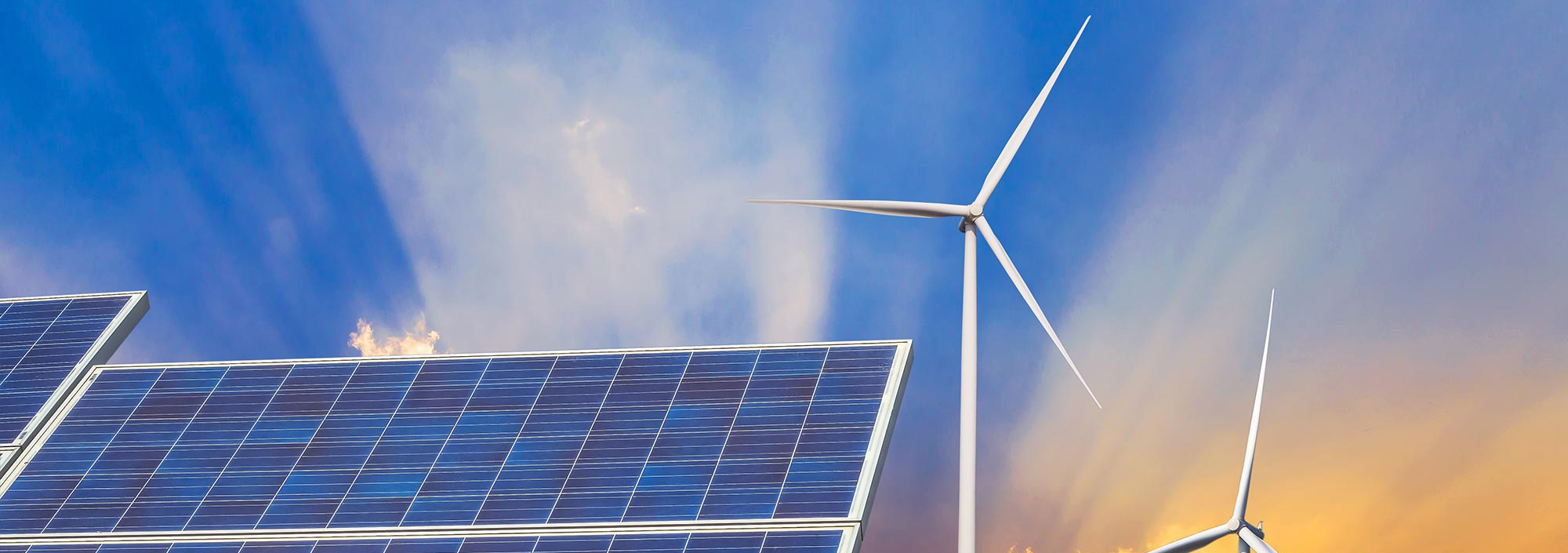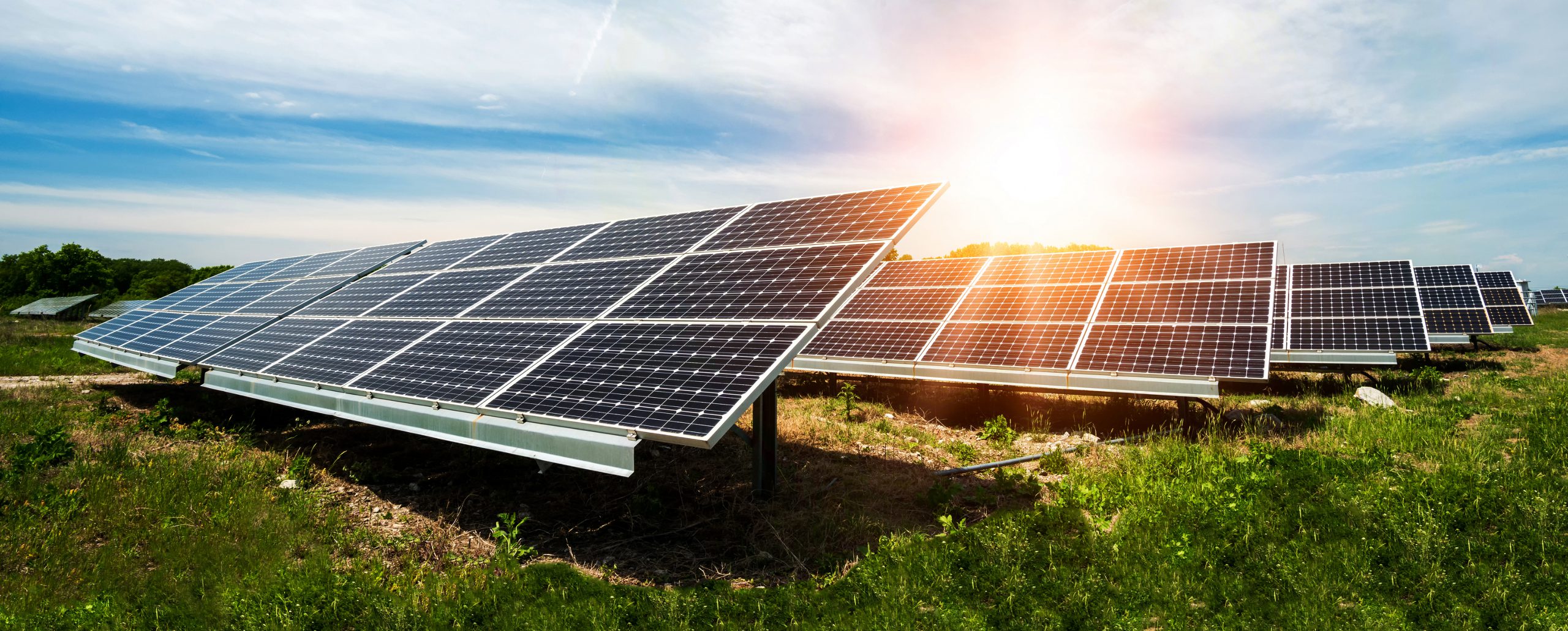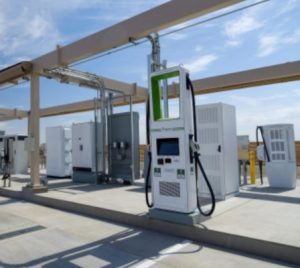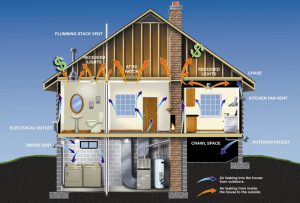July 2020: Renewable Energy + Sustainability News

Tucson Electric Power plans to end use of coal-generated electricity by 2032, details on how to apply for SRP’s Business EV Charger Rebate; the Arizona Corporation Commission needs to raise anemic energy standards; builders and businesses are developing low-carbon concrete; Apple commits to be 100% carbon neutral by 2030; Nikola Motors Corporation, a leader in zero-emissions, is one step closer to bringing a 1 million-square-foot manufacturing facility to Coolidge, Ariz., and more.
 Tucson Electric Power plans to end use of coal-generated electricity by 2032
Tucson Electric Power plans to end use of coal-generated electricity by 2032
In a dramatic policy shift to reduce greenhouse gas emissions, and also for economic reasons, Tucson Electric Power will stop using coal to generate electricity by 2032 and will increase renewable energy’s share of its energy load to more than 70% by 2035. The plan will require 1% annual electric rate increases a year to put into effect. The utility’s switch from fossil fuels is spelled out in the plan, submitted to the Arizona Corporation Commission. Called an Integrated Resource Plan, it would reduce TEP’s carbon dioxide emissions 80% by 2035 compared with 2005 levels. Read more about Tucson Electric Power’s new Integrated Resource Plan to support renewable energy >>
 Arizona Corporation Commission proposes 100% clean energy standard by 2050
Arizona Corporation Commission proposes 100% clean energy standard by 2050
Staff of the Arizona Corporation Commission (ACC) recently proposed a 100% Clean Energy Standard by 2050, a new integrated resource planning (IRP) process and other rule changes as part of the state’s efforts to modernize electricity regulation. The regulatory staff’s proposal calls for at least 50% renewables by 2035. Staff’s proposal will replace Arizona’s current Renewable Energy Standard and Tariff rules, efficiency standard and IRP process. The informal process to develop the proposal has been going for two years now, and if the commission adopts the proposed order, it would launch a formal rule-making process. Arizona’s renewable energy requirements were last set in 2006 at 15% by 2025, and since then utilities in the state have set goals that match, or in some cases exceed, staff’s new proposed pace. Read more >>
 Solar and electric vehicles: Benefits go beyond cost savings
Solar and electric vehicles: Benefits go beyond cost savings
Using solar and buying electric vehicles (EVs) in a commercial setting has become more pragmatic for many Arizona business owners. EV charger rebates have helped motivate Phoenix-based companies of all sizes, including mid- and smaller-sized companies, to make the switch to EV fleets. SRP’s Business EV Charger Rebate program is for any interested business owner who sees value in having EV chargers on their properties, including those considering switching to EV fleets. Business owners interested in moving to an EV fleet, or simply installing EV chargers on their commercial properties, can look at SRP’s Business EV Charger Rebate webpage for information on qualified smart chargers before purchase, details on how to apply for a rebate as well as FAQs. Business owners can also directly contact SRP team members who can walk customers through the purchasing and installation process by calling (602) 236-3065. Learn more about SRP’s Business EV Charger Rebate program >>
 Digitalization: Driving Energy Efficiency for a Connected Future
Digitalization: Driving Energy Efficiency for a Connected Future
Digitalization is set to transform the global energy system, offering large gains in energy efficiency across all sectors of the economy. Digital technologies have the potential to optimize the energy used for many energy-intensive activities—from manufacturing cement to cooling a building—while also enabling increased electrification of transportation and industrial processes. The Information Technology & Innovation Foundation (ITIF) recently hosted a discussion with industry leaders on the role of digitalization in driving energy efficiency gains across the economy, and released a new ITIF report assessing the concerns—some legitimate and most not—regarding the energy and environmental impacts of the tech sector. Andreas Urschitz, division president for Power & Sensor Systems at Infineon Technologies, provided introductory remarks and discussed these issues with ITIF Senior Policy Analyst Colin Cunliff followed by an expert panel discussion. Read more or view the video replay >>
 Op-Ed: ACC needs to raise anemic energy standards
Op-Ed: ACC needs to raise anemic energy standards
Today, Arizona generates the third-most solar energy of any state in the union. Wind capacity has jumped to 268 megawatts. The state’s largest utilities are investing heavily in solar and large-scale battery facilities. Yet Arizona’s renewable energy standard remains unchanged. Arizona’s current renewable energy standard spurred almost $12 billion in solar-industry investments, most of which flowed to rural communities. Today, renewable energy costs less than traditional fossil fuels. That means lower electric bills, a savings for businesses and homeowners. It’s past time to raise the bar. Arizona needs aggressive, data-informed renewable energy standards. The Arizona Corporation Commission (ACC) has the momentum to pass the updated standards quickly and should take action now. Now is the time to express your support for cleaner air, for greater innovation, for a vibrant economy. Read the op-ed here >>
 Sustainability: Builders and businesses are developing low-carbon concrete
Sustainability: Builders and businesses are developing low-carbon concrete
While it may have become indispensable to major developments, concrete also has a significant impact on the environment. Around the world, efforts are being made to develop new techniques and processes to reduce the environmental effects of construction. Novel materials and innovative ideas will have a big role to play in the years ahead. Earlier this month Boral – an Australian firm that specializes in building and construction materials – announced the launch of a five-year partnership with the University of Technology Sydney (UTS). The partnership between Boral and UTS represents one of many efforts currently underway to develop novel, interesting and sustainable building materials. One expert explains that the shift to developing low-carbon concrete is the only way forward, as the way of creating concrete is not sustainable long term. Learn more about the construction industry’s efforts to go green >>
 UArizona Has Top Water Resources Program in United States
UArizona Has Top Water Resources Program in United States
The University of Arizona has been ranked No. 1 in the U.S. and No. 2 globally in the area of water resources in the 2020 Academic Ranking of World Universities by academic subjects, which was released June 28. With water management among the most pressing issues in Arizona and throughout the region, the University of Arizona has leveraged its natural surroundings with top-notch faculty across a variety of colleges and departments to generate influence in water studies that goes well beyond the Southwest to benefit arid and semi-arid regions around the world. Learn more >>
 Apple commits to be 100% carbon neutral by 2030
Apple commits to be 100% carbon neutral by 2030
Apple unveiled its plan to become carbon neutral across its entire business, manufacturing supply chain, and product life cycle by 2030. The company is already carbon neutral today for its global corporate operations, and this new commitment means that by 2030, every Apple device sold will have net zero climate impact. Apple is providing detail on its approach to carbon neutrality with a roadmap for other companies, as industries look to reduce their impact on climate change. In its 2020 Environmental Progress Report—released today—Apple details its plans to reduce emissions by 75% by 2030 while developing innovative carbon removal solutions for the remaining 25% of its comprehensive footprint. Learn more >>
 Transportation leader in zero-emissions solutions breaks ground on Arizona factory
Transportation leader in zero-emissions solutions breaks ground on Arizona factory
Nikola Motors Corporation, a global transportation leader in zero-emissions and infrastructure solutions, is one step closer to bringing a 1 million-square-foot manufacturing facility to Coolidge, Ariz. following an official groundbreaking ceremony on its approximate 430-acre parcel. The Arizona facility is expected to generate more than 1,800 new full-time positions and result in approximately $600 million in new capital expenditures. The first phase of construction is scheduled for completion in late 2021, with the second phase projected to be complete within the following 12-18 months. The U.S.-based facility represents a capital investment of approximately $600 million (USD) and will initially produce the Nikola Tre and Nikola Two. At full production, the facility will reach approximately 35,000 units annually, running two shifts. The first Nikola Tre trucks will be produced in Ulm, Germany with partner IVECO, followed shortly after by our Coolidge facility. Read more >>
 Arizona ‘Environmental Report Card’ reflects partisan divide
Arizona ‘Environmental Report Card’ reflects partisan divide
The Grand Canyon Chapter of the Sierra Club has issued its annual Environmental Report Card, grading how state officials have acted on recent issues of conservation, climate change and the environment. Sierra Club State Director Sandy Bahr said they gave each member of the Republican majority, including Gov. Doug Ducey, their lowest grade of “F,” while Democrats received mostly “A’s” and “B’s.” Bahr said lawmakers were graded on key environmental legislation, including measures that would block the release of data on endangered species, promote clean air and water, and address climate change. Bahr said the Report Card lets Arizonans know where the people they elected to represent them stand on important environmental issues. And, she said sometimes, the grades do get a lawmaker’s attention. Read more >>
 Solar facility proposed for Pinal County
Solar facility proposed for Pinal County
Global energy storage developer Invenergy, LLC is planning a new photovoltaic solar energy production facility on approximately 1,642 acres of private land north and south of Highway 287 just west of the Eleven Mile Corridor in Pinal County. The project, called SunDog Energy Center, will be a 200 megawatt (MW) solar energy generation and battery storage facility and will be located 1.5 miles west of the current Pinal Central Substation on undeveloped agricultural parcels. According to the documents, the project will deliver generated energy to the substation via a 230kV gen-tie transmission line. Learn more about the project >>
 Volkswagen Group of America Opens next-gen charging station at Arizona Global Test Center
Volkswagen Group of America Opens next-gen charging station at Arizona Global Test Center
Volkswagen Group of America (VWGoA) announced the opening of one of the most extensive electric vehicle (EV) charging stations at a North American test facility. This charging station will be used to help VWGoA evaluate battery and charging performance under extreme hot weather conditions. Engineers will also receive real-time data to see how various chargers compare. The 50-space charging station is located at VWGoA’s global test facility in Maricopa, AZ—one of two worldwide—and will allow the charging of EVs in weather conditions up to 120 degrees. Read more >>
 Wealthy American homes have carbon footprints 25% higher than low-income residences, study says
Wealthy American homes have carbon footprints 25% higher than low-income residences, study says
In some particularly affluent U.S. suburbs, emissions are up to 15 times higher than nearby neighborhoods, according to the study published July 20 in the journal Proceedings of the National Academy of Sciences. Though American homes are becoming more energy efficient, they still account for roughly 20% of all heat-trapping gas emissions in the United States. The study used data on 93 million homes across the contiguous United States to determine the main drivers of household emissions. The researchers found that generally, homes in states with milder climates use less energy than comparable ones in colder climates. Based on energy data from 2015, the most energy-intensive states were Maine, Vermont and Wisconsin, while the least energy-intensive that year were Florida, Arizona and California. Read more >>

